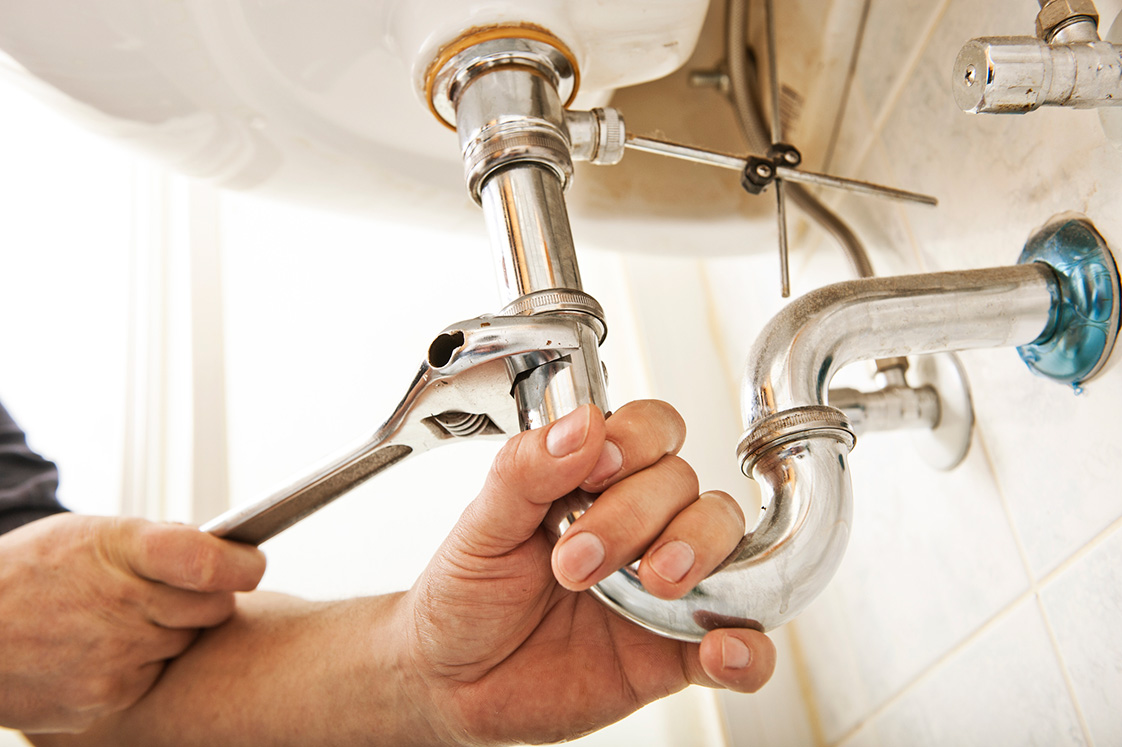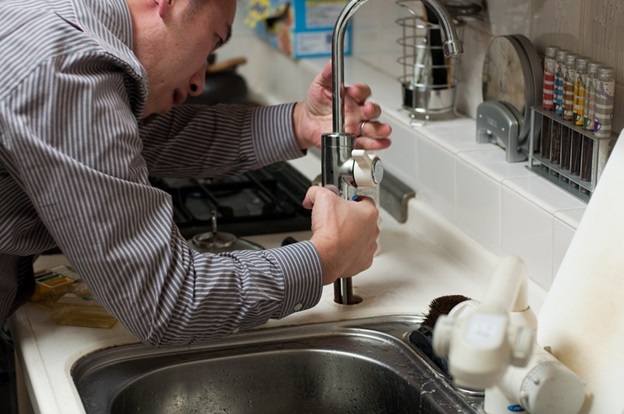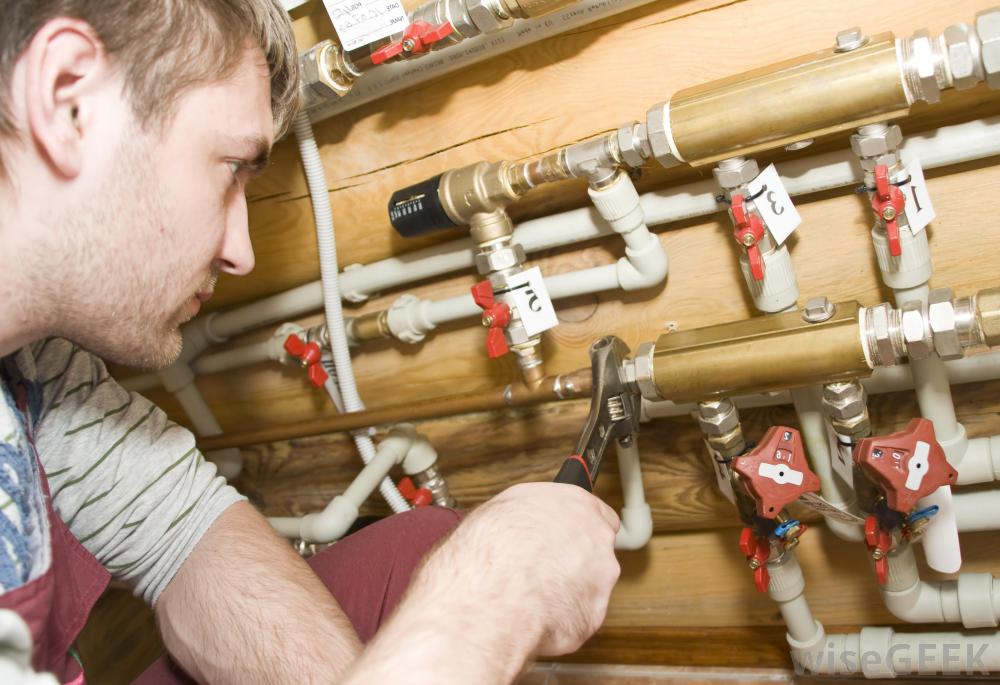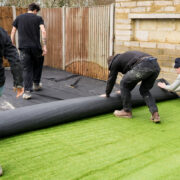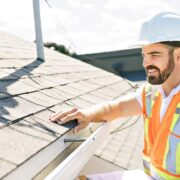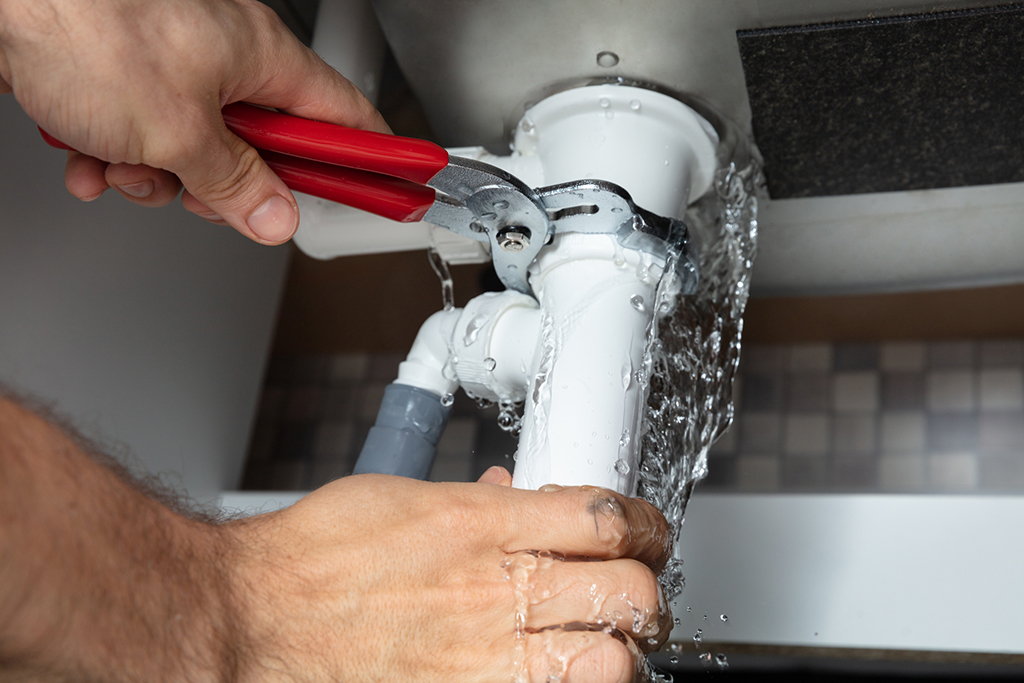
There are many different types of plumbing emergencies, but three are the most common: no water, overflowing sinks or bathtubs, and burst pipes. If any of these scenarios sound familiar, it’s time to call a plumber. These scenarios are not caused by city service or other systems. Freezing pipes, for example, can burst due to cracking and expansion. A plumber can come to your home and fix the problem immediately.
Burst pipes
Water damage can be devastating if you have a burst pipe. The water pressure can be high, and the pipes may be old or worn out, but there are some things you can do to prevent the damage. Listed below are some tips to avoid water damage and save money. Don’t panic! Follow these tips to avoid damage to your property. Don’t panic; even if you’re not sure if you have a burst pipe, don’t panic.
First, call a plumber to repair your pipes. Using a repair sleeve can fix a burst pipe in the short term. These sleeves will cover the leaking water and mend the broken part. However, they’re not permanent and can damage your property if left in place for too long. If you don’t know how to use repair sleeve products correctly, you’ll need to call a plumber for a permanent fix.
Clogged drains
The most common plumbing emergency involves clogged drains. These can be the result of soap scum or hair buildup. Regardless of the cause, clogged drains are not a pleasant experience for the homeowner. Even though this may be a slow and infrequent problem, clogged drains are a serious plumbing emergency. If you find that your sink, shower, or toilet has a clogged drain, you should call a plumber immediately.
Major clogs are frustrating and can cause significant water damage and slow or no drainage. They also create unsanitary backups. If you cannot fix the clog yourself, you should consider hiring a plumber. Emergency drain cleaning services can prevent contaminated water and damage to your pipes and plumbing system. So, it is worth it to invest in a plumber if you experience a clogged drain.
Overflowing sinks
Overflowing sinks can be a severe issue. Flooding and water damage from overflowing sinks are a nuisance and can also pose a health hazard. Here are some tips for preventing overflowing sinks:
Blockage in your kitchen sinks can cause your sink to overflow. Don’t let it sit and wait for the water to dry. Leaving a running toilet can lead to a costly water bill. Instead, contact a plumbing emergency service to repair your toilets immediately. Overflowing sinks can be a sign of a more significant plumbing problem. If you notice any of these signs, contact a local emergency plumber.
Overflowing tubs
Overflowing bathtubs are common plumbing emergencies that require immediate attention. While water will overflow if the overflow drain is not working correctly, there are simple ways to prevent water seepage and repair the damage. The first step is to level off the tub floor by laying down an extra set of towels. It would help if you also located a bucket and mop to clean up the water. Make sure to place buckets underneath the ceiling to catch any water that has dripped through the roof. After ensuring your family’s safety, contact a certified restoration company or insurance agent.
The waste and overflow system on a bathtub serves multiple purposes. First, the waste part drains used bathwater. A trip lever controls this drain opening and closing. The overflow half of the system prevents overfilling by draining excess water. Overflowing tubs in plumbing emergencies are a huge hassle to clean. However, a quick repair will save you a lot of grief.
Clogged washing machine hose
If your washing machine is not draining water fast enough, you may need to fix the clog. To clear the clog, use a drain hose snake to clean it. The drain hose snake will latch on to debris and twist it out. If this does not clear the clog, it’s time to call a plumber. However, a drain snake may not always be practical. If it does not work, you may need to purchase a drain cleaning product.
You can also check the drain outlet located at the back of the washing machine. It may be close to the floor or at the same place as the supply valve. Finally, the third hose which exits the washing machine should be checked for any blockage. It might be kinked or damaged and requires replacement. If it’s not, you can ask a plumber to check the drainage system of your washing machine. They may be able to determine the root cause of your problem and resolve it quickly.

